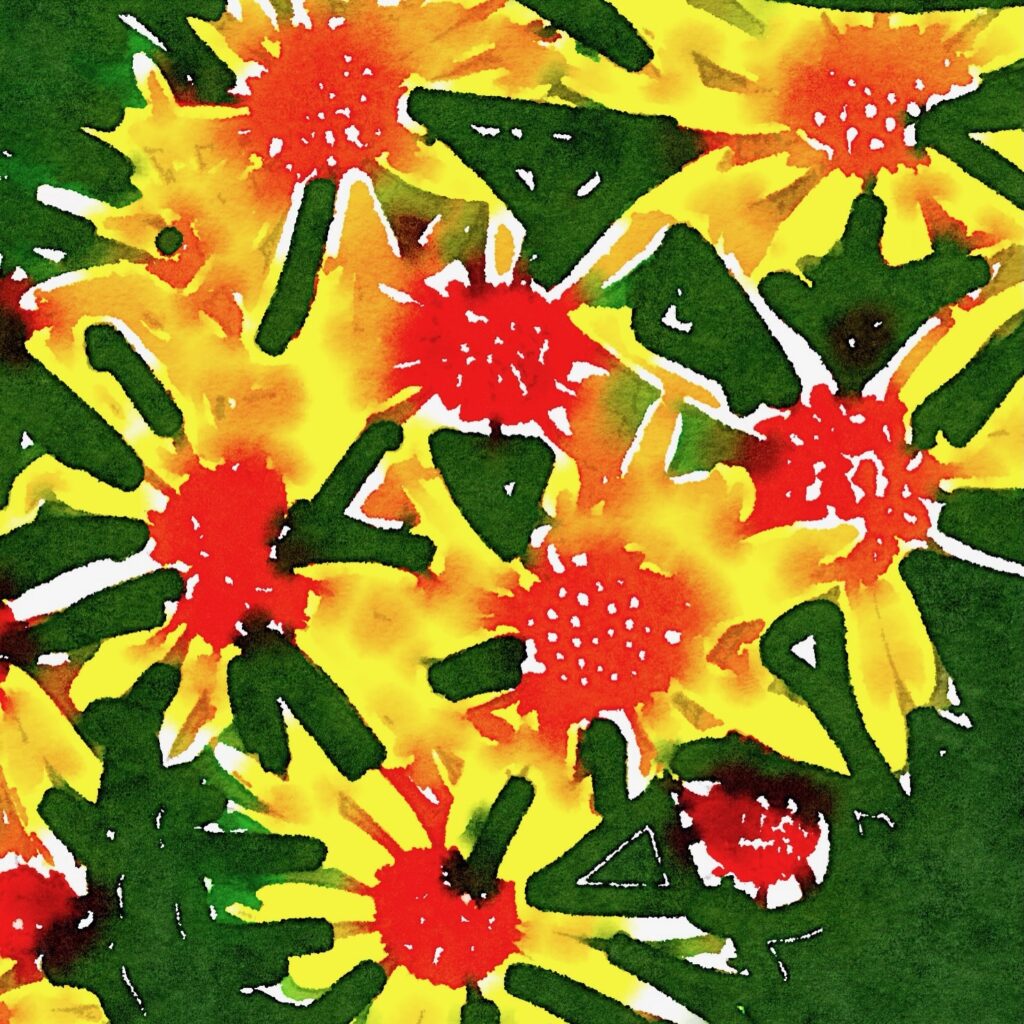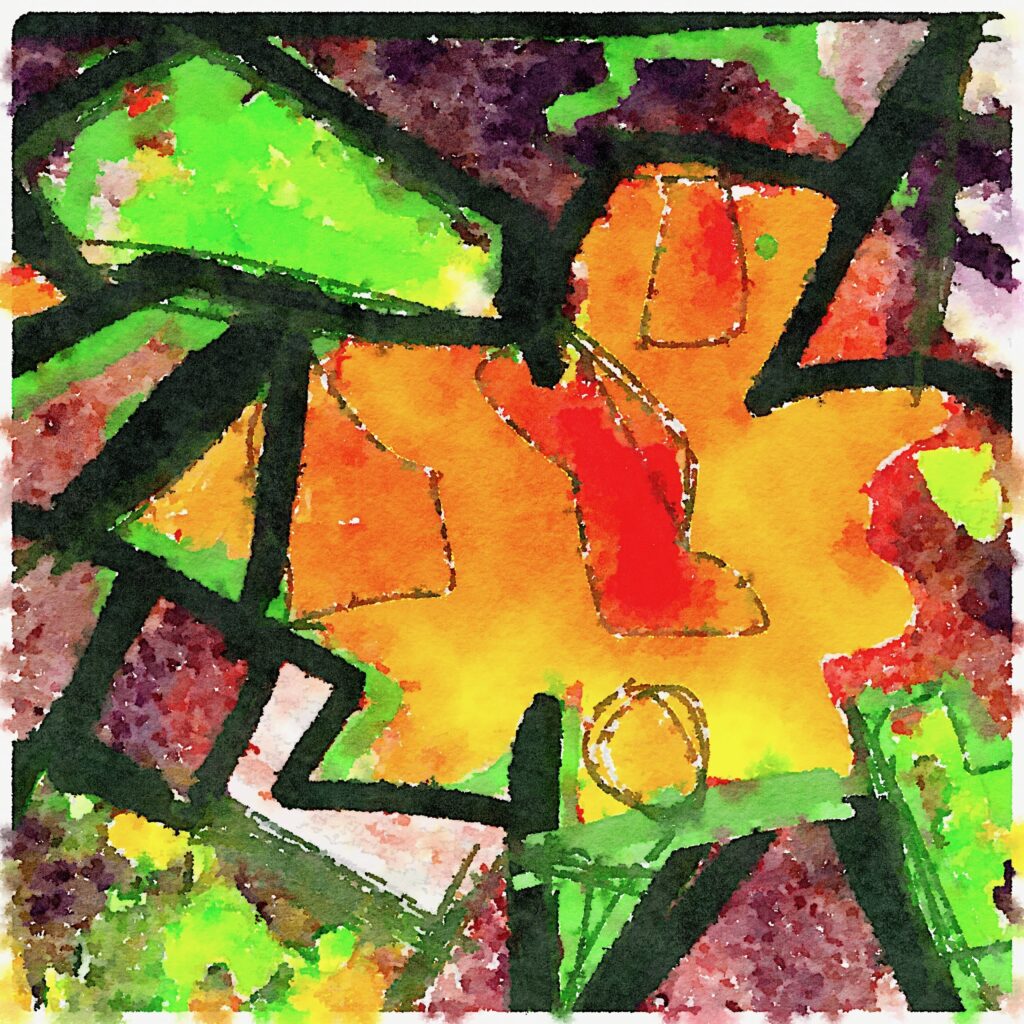I am highly conscious of the language in couple therapy I do at the moment. I used to use the Imago language in couple therapy for many years. I was resistant to the rather ugly “sender and receiver” words. Though not as accurate for what was actually happening I preferred talker and listener in the last few years. However after listening to audios by Hedy Schleifer I’ve shifted to the “crossing the bridge” language of “visitor and host”. As one client told me, that is a bit fruity, whatever that means.
The thing is that is not just a change in language, but a whole different mode of being. Sending is a metaphor for posting something into space and it is then received like an email. This is not a metaphor that is very connecting. It also leaves the receiver wanting to respond… it invites reply. Responding is close to reactivity, and replies are close to argument and debate.
Host and visitor are quite different. Each person is having a turn at the same time, one as visitor, on a trip to another land, as a learner, a witness as an explorer a learner. The other as a host, a presenter, a storyteller. with this metaphor for the work there is not the same need to coach appreciations… I just say, be a good host and be a good visitor, and immediately they say such things as “Thanks for inviting me into your world, I appreciate you taking the initiative, I know it might not be easy for you.”
In the visit I use the exact mirroring , summary, validation and empathy structures.
In every culture there is some protocol and ritual for crossing the bridge into another persons territory or space. The protocols for visiting a neighbour apply. The leave taking can be quite lovely. I’ve heard people say.”Thank you for having me.” or more fully, such things as: “Thank you for inviting me, I appreciate you showing me how things work in your land. I will be much more aware how not to stomp on those areas that are so sore. I enjoyed meeting your little child and seeing how burdened your mother was while she had three under four.”
The language and the change facilitates dramatic enactment. Show me your world is an action cue for sculptures and role reversals with the social and cultural atom.
With maori clients and some other kiwis as well I have used some of the concepts from a meeting on a marae. The visitors are: manuhiri and the hosts the, the people of the land, the tangata whenua.
The depth of meaning of the pōwhiri or welcome could well be used to make the crossing into each others worlds more meaningful. For example the concept of Pōwhiri – the Māori welcome carries with it all the richness of the english word dialogue and more: “… po can be translated as a venture into ‘the unknown’ or a new experience, while whiri is derived from whiriwhiri meaning the act or experience of exchanging information and knowledge.
Pōwhiri – the Māori welcome
 Archetypal Psychology by James Hillman
Archetypal Psychology by James Hillman







